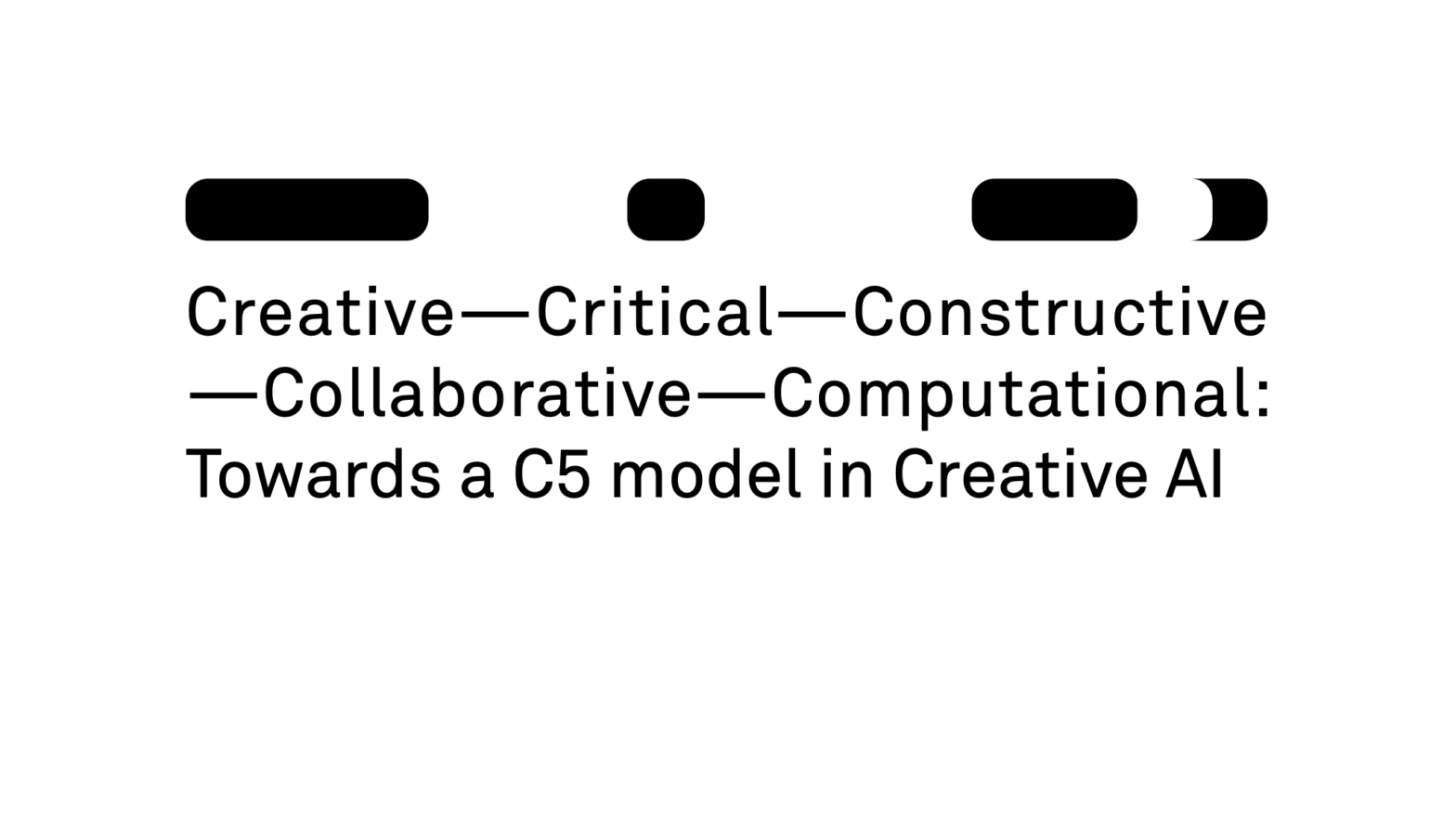Event organised by the Computational Humanities research group 5 June 2023 King’s College London, Bush House NE 2.01, 2 pm (in person only) Ellen Charlesworth (Durham University, United Kingdom), Museums online: defining and evaluating success Abstract During the COVID-19 national lockdowns, there was a significant increase in the amount of content UK museums uploaded online. By …
Continue reading “Seminar: Museums online: defining and evaluating success • 5 June 2023”


